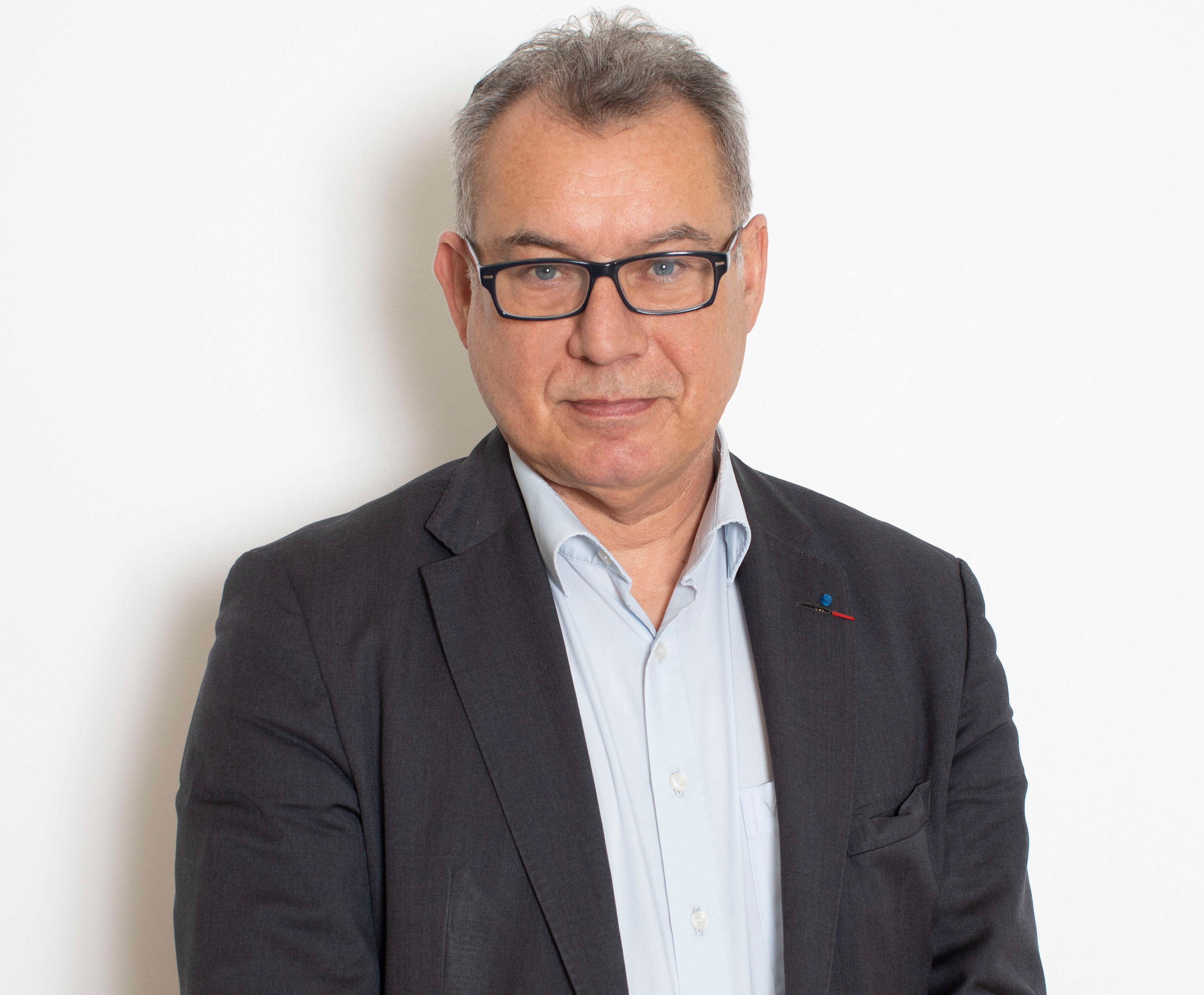In early 2024, IFPEN became a permanent member of the Maison Irène et Frédéric Joliot-Curie based in Brussels. The decision fits squarely with IFPEN’s policy to reinforce its presence and raise its profile on the European stage, the objective being to share its expertise in the fields of energy, mobility and the environment with European policy-makers and engage deeply with the European research and innovation community.
Pierre-Franck Chevet, IFPEN Chairman and CEO, explains more in the interview below.

Why do you want IFPEN to play a bigger role on a European level?
It is a strategic necessity. Today, everything IFPEN does is in line with the policy initiatives set out in the European Green Deal aimed at making Europe the first carbon-neutral continent.
We are resolutely committed to developing essential innovations for the triple ecological, energy and digital transition that the UE is calling for. Our expertise and our capacity to convert innovation into concrete industrial solutions position us as a key player in this new European economy.
Moreover, our economic forecasting expertise is invaluable to the construction of European public policies. Lastly, our constantly evolving training provision is aimed at developing the skills required to roll out the new technologies critical to the transitions in Europe.
What principal opportunities have you identified in Europe?
Europe is fertile ground for the development and implementation of the strategic scenarios associated with the energy and ecological transition. We are witnessing a true paradigm shift, with the development and deployment of new technological solutions. The environmental, economic and societal impacts of these solutions will need to be comprehensively managed.
To this end, Horizon Europe, the world’s biggest research and innovation funding program, offers exceptional opportunities to support research and innovation activities across the continent. The European research ecosystem is recognized around the world. Working in synergy with scientific partners, exchanging knowledge, sharing infrastructures and co-developing innovations are all opportunities we intend to seize.
In concrete terms, how does IFPEN intend to reinforce its presence on the European stage?
Several initiatives have already been launched. We’ve established a permanent representation in Brussels as a member of the Maison Irène et Frédéric Joliot Curie. This representation is crucial to enable us to regularly interact with European institutions.
We’re also reinforcing our exchanges with European public authorities in order to contribute to the definition of transition scenarios and the drawing up of the relevant regulations. In parallel, we are identifying strategic European partners with whom we can develop collaborative initiatives, pool expertise and co-develop technological innovations faster and more efficiently. Lastly, we’re working to instill a cultural shift among our employees, encouraging them to take a greater interest in issues on a European scale.
What strengths does IFPEN have that will enable it to succeed on the European stage?
Our main strengths are found in our outstanding research, targeting the development of innovative solutions for a low-carbon, sustainable world. We’re recognized as a committed and legitimate player in the triple ecological, energy and digital transition, with an outward-looking approach to society and industrial prospects creating value and jobs. We also act as a trusted third party for public authorities in implementing the ecological transition.
In addition, our graduate engineering school, at the interface between the worlds of academia and industry, addresses the increasing need for skills in Europe for the construction of a carbon-free world.
What is your long-term vision for IFPEN in this European context?
Our ambition is to position IFPEN as a key leader in European research and innovation in the field of the energy and ecological transition. Not only do we want to increase our participation in major European projects, we also want to initiate and coordinate more of them ourselves.
We’d like our institute to be recognized not only for its scientific and technical expertise, but also for its perspectives on the major strategic directions of the ecological transition. Lastly, we aim to become a reference training player for the energy transition, attracting students from across Europe and constantly adapting to evolving societal needs and strategic priorities.
Focus on: the Brussels office
On 1 January 2024, IFPEN became a permanent member of the Maison Irène et Frédéric Joliot-Curie based in Brussels. The body is an association of French higher education, research and innovation players seeking to pool their resources and coordinate their actions alongside European institutions and networks. The Maison Irène et Frédéric Joliot-Curie brings together 29 French higher education and research players, including 13 permanent members: CDEFI, CEA, CNRS, France Universités, IFPEN, IFREMER, INRAE, INRIA, INSERM, IRD, IRSN, ONERA, Gustave Eiffel University.






